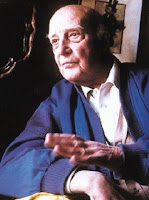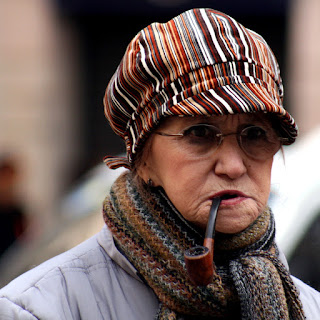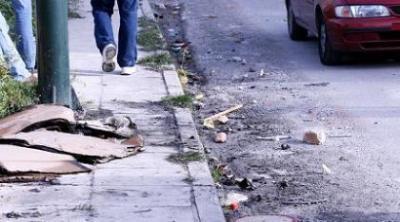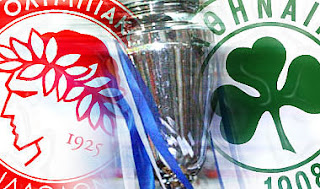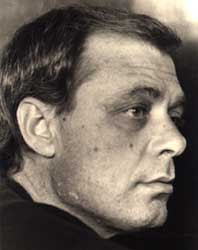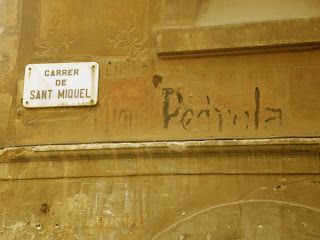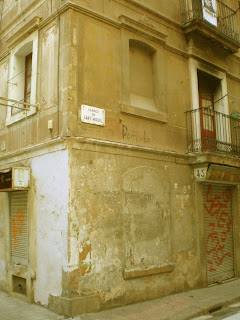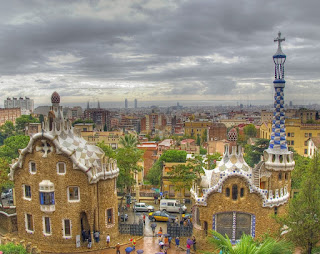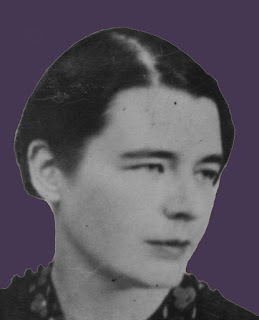
A general feeling of optimism in today's news, as the Stock Markets are going up again after the so-called "black" last Monday. And after the panic that got into me the day before yesterday, I am starting to feel calmer once more. The stocks are going up, what a relief!
I have been around only for the last thirty years, conscious of news over the last 20 or something and I still never had bothered enough about what people call "the economy" and how this may be related to the stock markets, or simply, the "markets". Even so, I find it somehow frustrating that we should actually care about what happens in the stock exchange department. I mean, why should I care? Over the last decade I have seen the Greek Stock Market (to give a rather mediocre but interesting example) to grow three times as big within 10 months (that was back in 2000) and then shrink back to the levels of before within the following year. I can assure you that my life did not change a single tiny bit and during those two years, when -supposedly- the "economy" grew to an "unprecedented high" only to reach a peak and crumble down to "depression", I kept earning the same, living with my parents, trying to avoid taking a cab back home, going to the movies every now and then. And yes, the prices of almost everything were the same throughout this period.
So, what is this deal with the "markets"? Why should I be glad if the stocks are up and get depressed when they go down? What's in it for me?
During last Monday, I am told, the European stock markets lost more than 300 billion Euros, an amount that equals the annual gross domestic product of Greece. Where did this money go? Where does the money go, when the stocks go low? More interestingly, I can remember a day or two, when judging from the gains all over the world, the Stock Markets MUST have gained the annual GDP of Greece. Where did THAT money go? Well, you should take my word if I tell you I did not see a penny of it.
I said before, I am no expert. I am a simple chemist, having read my share of Herakleitos and Lavoisier plus a little bit of Marx, perhaps a bit too much of Kondratiev, and thus having inherent difficulties in dealing with commodities that simply appear out of nothing or disappear into nothing. I am probably too ignorant when it comes to how "economy" works or perhaps even stupid when it comes to how it really works. And I may be a bit naive in asking if the losers of Monday can be the winners of today, since we are most ardently ascertained that the stocks ARE going UP as we speak. I guess -and this is as far as my poor economy-related argumentation can reach- that they are probably not the same. That the ones who suffered "Black Monday" were simply outranked by the ones celebrating "White Wednesday", that it is all just a game between players, having nothing to do with normal people lives, and that in any case...
I STILL DON'T CARE!
